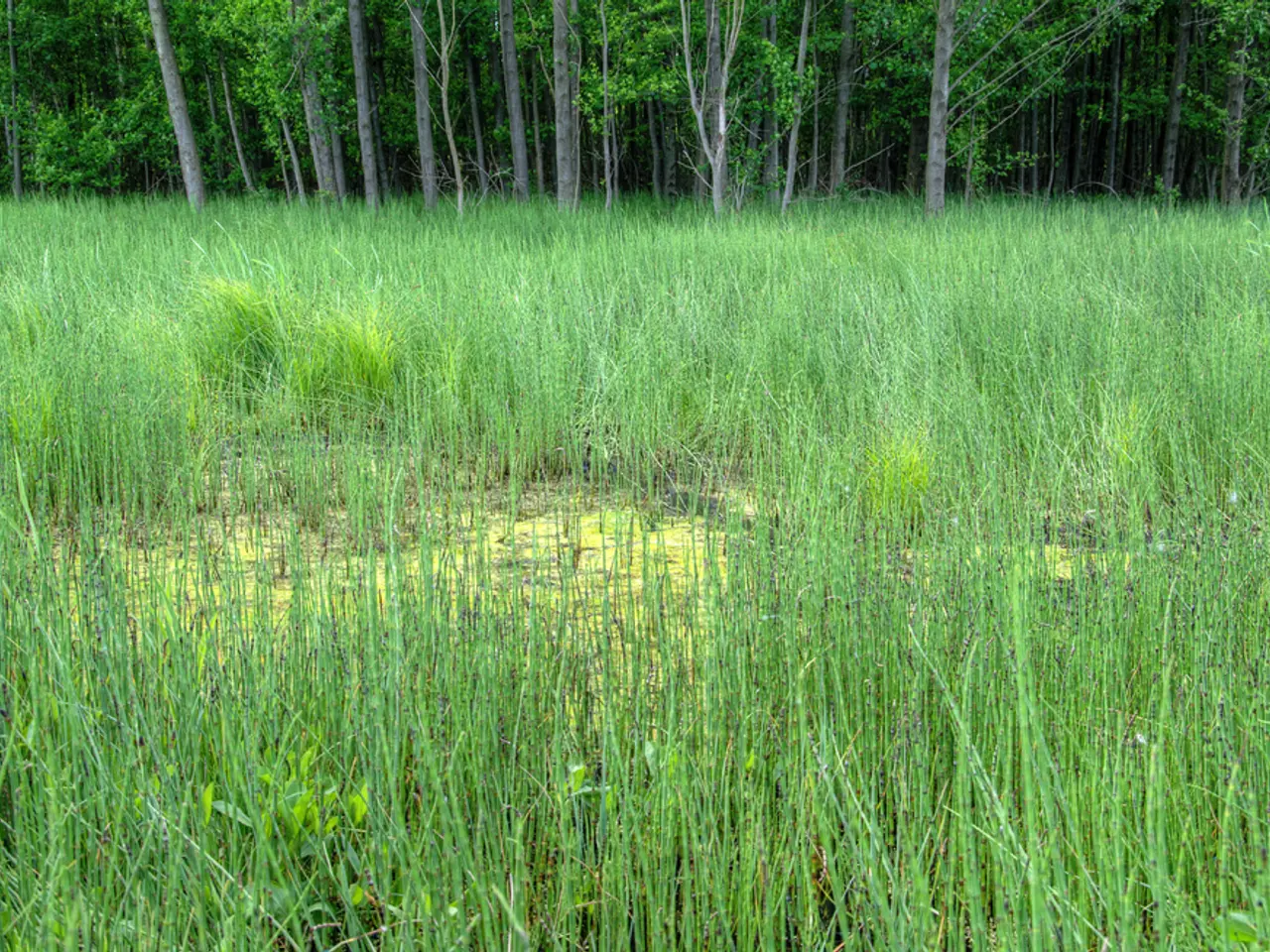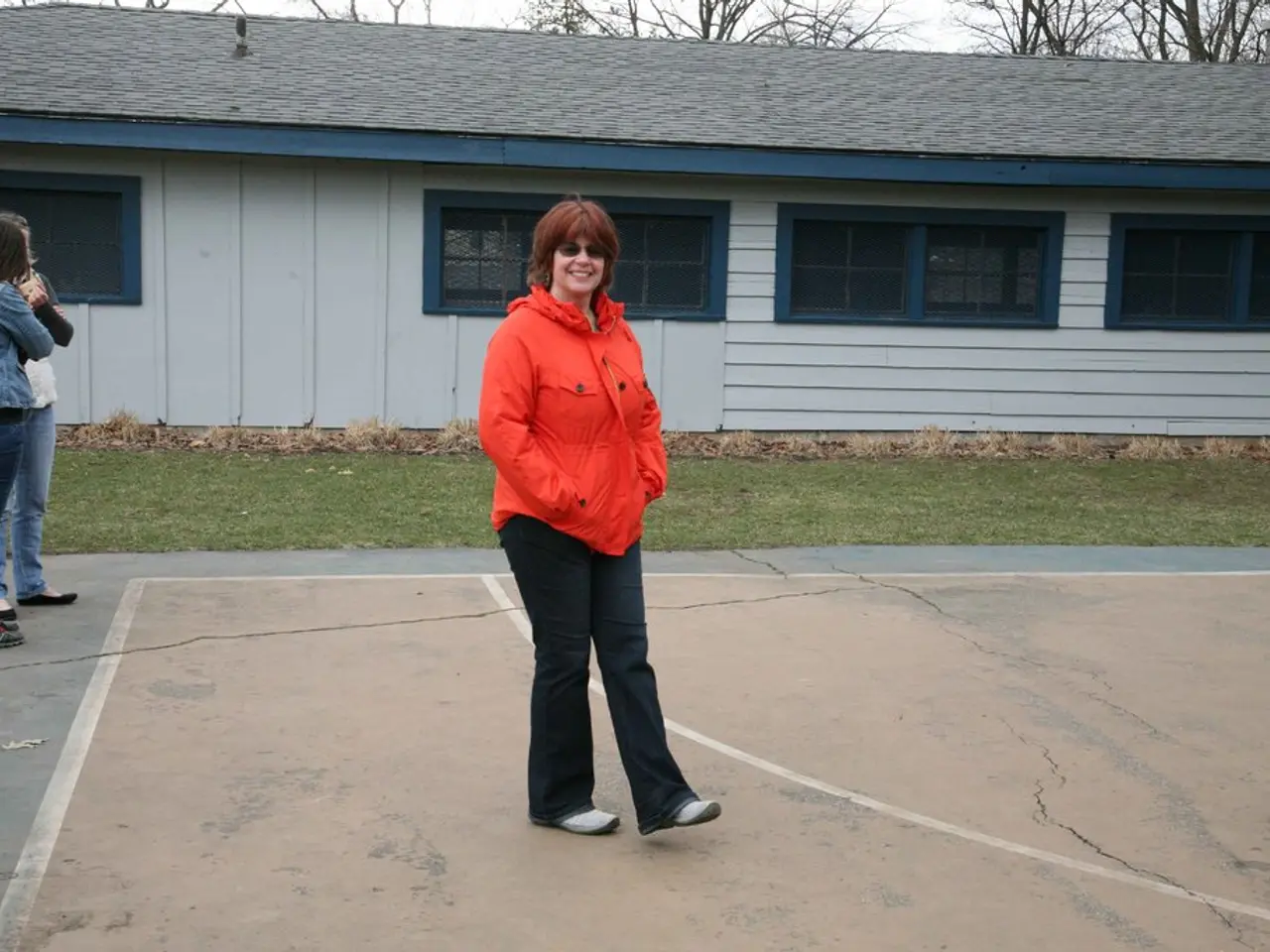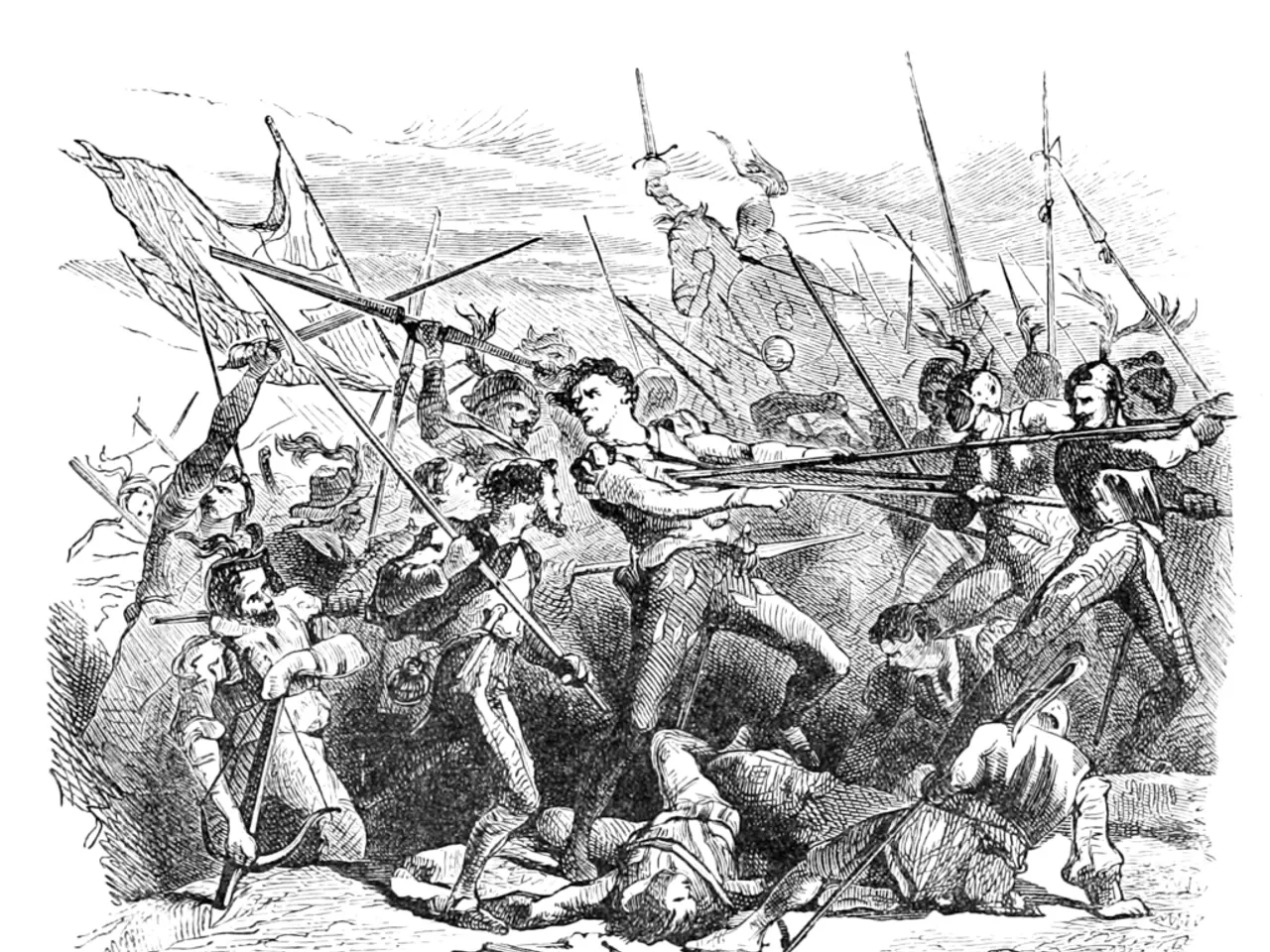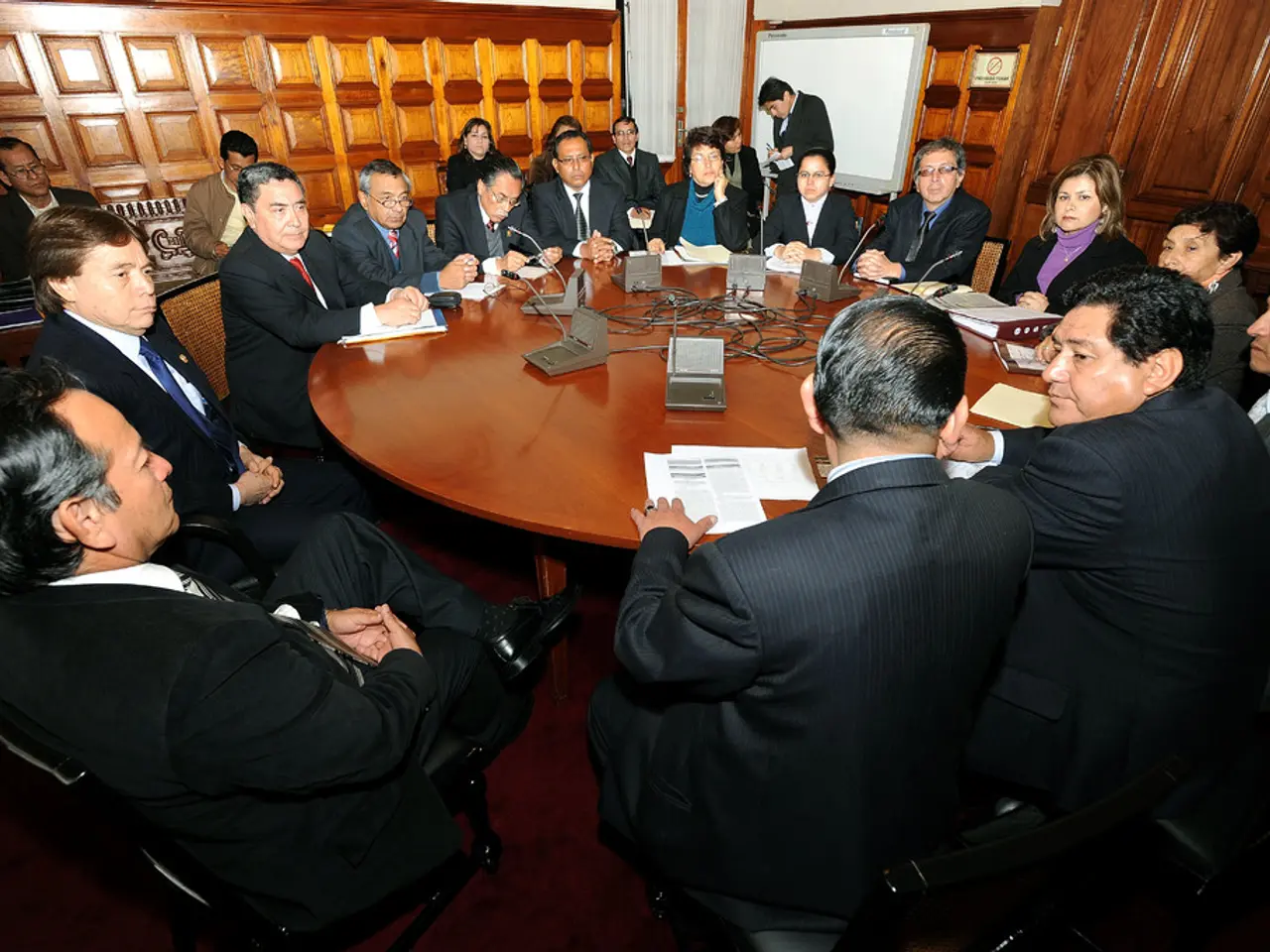EU Farmers Confronting Challenges in Meeting EU Directive Requirements
Smallholder farmers, who form the backbone of many economies in producer countries, are set to face challenges as the European Union's Deforestation Regulation (EUDR) approaches. This policy, designed to curb deforestation by ensuring products entering the EU market are deforestation-free, may pose significant hurdles for smallholders, particularly in terms of compliance.
Key export crops such as Vietnam's coffee (95%), Indonesia's palm oil (42%), and Thailand's rubber (95%) are predominantly produced by smallholders. However, compliance with the EUDR may involve substantial costs, including investments in technology, training, and certification. Producers and companies dealing in timber, palm oil, soy, rubber, cattle, cocoa, and coffee must provide evidence that their goods were not grown on deforested land since 2020.
To address these challenges, technology and digital tools designed for traceability, monitoring, and due diligence are proving to be potential solutions. For instance, satellite-based farm and deforestation monitoring platforms like Farmonaut use multispectral satellite imagery to provide real-time insights into crop and forest health. This supports the requirement for proof of deforestation-free production.
Artificial intelligence systems can also automate crop health alerts and risk predictions, helping farmers and supply chain actors make informed decisions to maintain compliance and sustainability standards. Blockchain technology offers secure, transparent tracking of products’ origins and movements throughout the supply chain, ensuring compliance with EUDR’s traceability and legality checks.
Digital documentation and due diligence management platforms enable smallholders and SMEs to collect and submit required documentation such as geolocation coordinates, harvest dates, and supplier details, which must be retained for at least five years under EUDR. Shared digital infrastructure and collaborative platforms can help aggregate data from numerous smallholder farmers into a unified compliance framework.
Modular and subscription-based services, like Farmonaut, offer scalable, affordable solutions tailored to different farm sizes and needs, removing technical and financial barriers for smallholders to participate effectively in compliance efforts.
By embracing the shift towards more sustainable practices, smallholder farmers can differentiate themselves in a crowded market, command better prices for their products, and gain access to new markets that prioritize sustainability. Meeting EUDR requirements can also give smallholder farmers access to international markets that demand deforestation-free products, potentially increasing their revenue.
However, the primary pain point for smallholder farmers in meeting EUDR requirements lies in the complexity of proving compliance. Proving land tenure is crucial for compliance, but smallholders might face challenges in regions with unclear or informal land tenure systems. To effectively recognise the rights and roles of smallholders in deforestation-free supply chains, the following principles should be integrated into the design and implementation of EU policies: acknowledging smallholders as catalysts for sustainable agriculture, creating incentives for them to embrace sustainable practices, mandating companies to uphold land and tree tenure rights, developing tools for smallholders to verify on-the-ground activities, ensuring producers benefit from information derived from enhanced traceability, mandating comprehensive disclosure, and addressing additional barriers faced by smallholders, including women.
Digital tools, such as mobile apps, will play a crucial role in aiding companies and producers in monitoring deforestation and adhering to the new regulations. Our product's EUDR compliance platform simplifies the compliance process for smallholder farmers by providing clear, actionable insights and automated compliance checks tailored to their needs.
- The European Union's Deforestation Regulation (EUDR) may pose significant hurdles for smallholder farmers, particularly in terms of compliance, as key export crops like coffee, palm oil, and rubber are predominantly produced by these farmers.
- To address these challenges, technology and digital tools, such as satellite-based farm and deforestation monitoring platforms like Farmonaut, are proving to be potential solutions. These platforms use multispectral satellite imagery to support the requirement for proof of deforestation-free production.
- Artificial intelligence systems and blockchain technology can also help farmers and supply chain actors make informed decisions to maintain compliance and sustainability standards, with blockchain offering secure, transparent tracking of products’ origins and movements.
- Digital documentation and due diligence management platforms enable smallholders to collect and submit required documentation for EUDR compliance, with modular and subscription-based services offering scalable, affordable solutions tailored to different farm sizes and needs.
- By embracing the shift towards more sustainable practices and effectively addressing the complexity of proving compliance, smallholder farmers can differentiate themselves in a crowded market, command better prices for their products, and gain access to new markets that prioritize sustainability.





